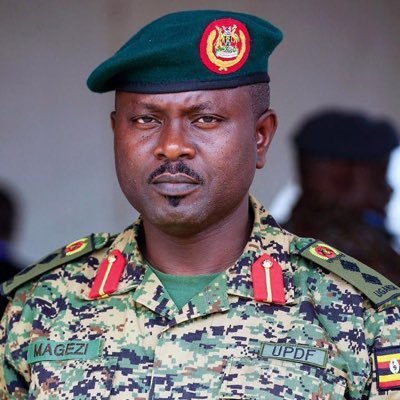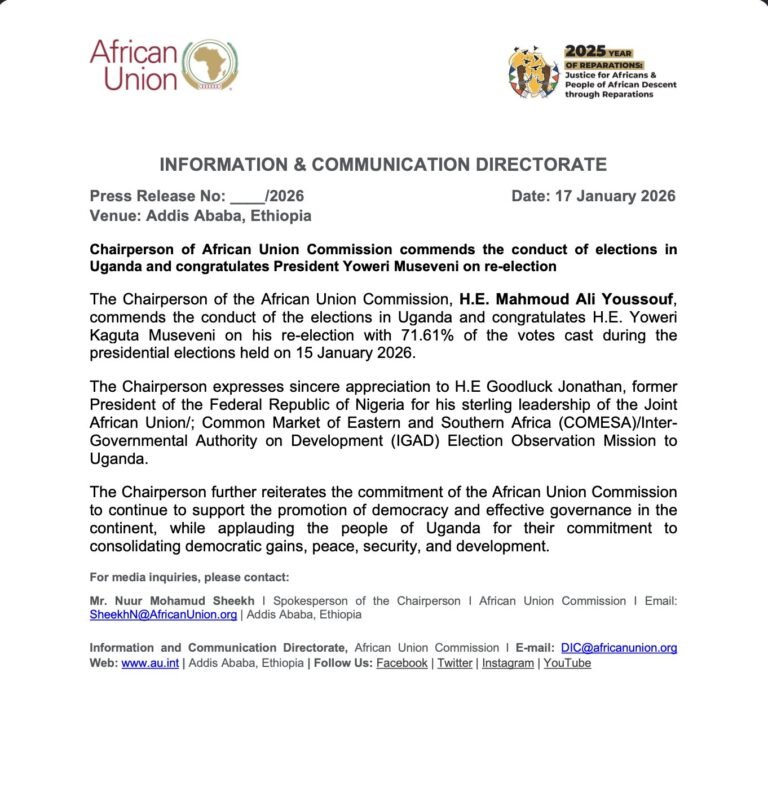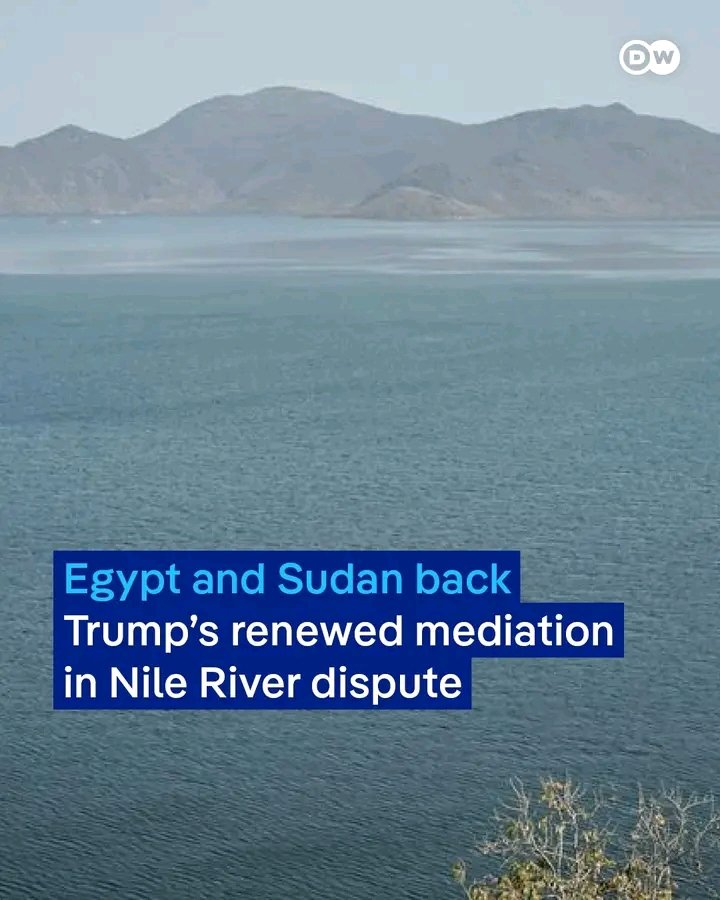
KAMPALA – A senior Ugandan military official has launched a fierce defense of General Muhoozi Kainerugaba, condemning a recent Wall Street Journal profile as a “trivial” and “sensational” piece of journalism that distorts the image of the potential presidential successor and Uganda’s political institutions.
The sharp critique, attributed to Chris Magezi, a military assistant to the Chief of Defence Forces (CDF), comes in response to a WSJ article titled “He Jokes About Trump and Invading Kenya—and May Be Uganda’s Next President.” The WSJ piece highlighted Gen. Muhoozi’s controversial and often jocular social media presence, which includes jokes about invading Kenya, boasts about torture, and threats to arrest members of parliament.
In a detailed rebuttal, Magezi accused the WSJ of recycling a “same script, same agenda” first seen in a 2024 article by Britain’s The Telegraph, arguing both pieces are “riddled with distortions, misrepresentations, and selective reporting” designed to mislead Western audiences.
“To reduce him and his substantial achievements based on social media banter… is wholly absurd and a desperate attempt to satisfy prejudiced western audiences about the supposed failings of Africa,” the statement read.
The defense framed Gen. Muhoozi not as a provocative online personality, but as a “decorated military officer with decades of professional service and outstanding achievements.” It further argued that the focus on his jokes ignores the “broader institutional and constitutional frameworks” guiding Uganda’s democracy as it approaches the 2026 general elections.
The response also categorically dismissed the article’s allegations of human rights abuses, calling them “hearsay” presented without “proper verification and rigorous scrutiny.” It asserted that the Uganda People’s Defence Forces (UPDF), which Gen. Muhoozi leads, maintains high standards of discipline and accountability, and pointed to Uganda’s courts as a robust and functional check on power.
A significant point of contention was the WSJ’s characterization of Uganda’s military cooperation with the United States. The article stated that Ugandan troops “joined U.S. Green Berets in the hunt for Joseph Kony.”
Magezi’s rebuttal called this historical account “pathetic,” offering a corrective narrative. It stated that the Ugandan military had been single-handedly fighting the Lord’s Resistance Army (LRA) since 1987 and had largely defeated it by 2005.
“Impressed by UPDF’s resilience and successes… our partners the US Army came in to learn and further aid the war effort,” the statement claimed, turning the WSJ’s phrasing on its head by asking, “So who joined whom in the LRA fight?”
The overall message positions the Western media coverage as a superficial and hypocritical narrative that fails to grasp the complexities of Ugandan politics and the nation’s sovereign military accomplishments, ultimately doing a disservice to its “unsuspecting” readership.






